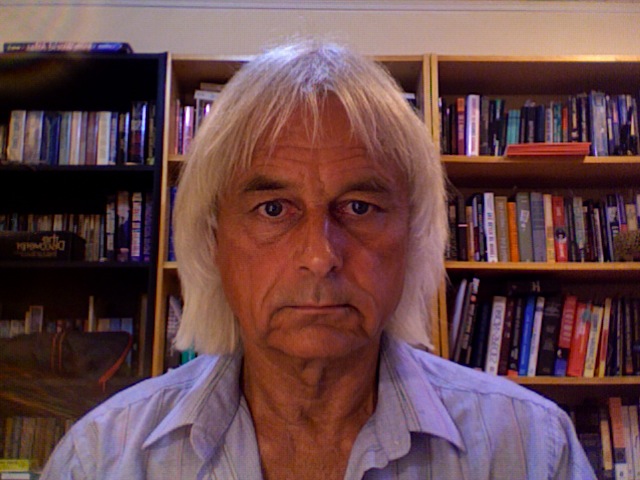Meanwhile, back here in the bad old un-reformed bank-debt money monopoly, we continue to suffer its catastrophic consequences.
Now our own generation has had its Boom and Collapse. Some nations are in Depression. But "unconventional" monetary actions -- QE by which central banks are buying vast sums of bad debts in order to add newly created central bank money onto the asset side of commercial bank balance sheets -- have so far shored up the collapsed banks and forestalled the next stages of this catastrophe.
Forestalling is mere can-kicking into the future. The future will arrive, sooner than later. The only sustainable and permanent solution, as generations of arithmetically literate monetary reformers have shouted into the heedless wind, is the addition of truly positive government-issued money numbers into the bank-debt money equations. Central bank-issued Positive Money, spent or given into the economy by the Treasury acting as the fiscal branch of the government's consolidated monetary/fiscal authority. Positive Money, to solve a negative sum arithmetic problem.
Fisher argued that the money issuing function (money creation) properly belongs in public hands; and the money lending function (financial intermediation between savers and borrowers) belongs in banks. Commercial banks do not belong in the money issuing business, and governments don't belong in the retail banking business. "Don't nationalize the banks", said Fisher. "Nationalize the money."
Fisher and Friedman sought to separate the two functions, by having governments issue ALL of the money. Banks would be reduced to financial intermediaries who accept deposits from savers and lend the savings to borrowers. Commercial banks would not be able to "create" the money they lend, as they did then and still do now.
In the 1930s Fisher explained that most people believe the government already issues the money, and the banks already function as mere intermediaries between savers and borrowers. Fisher said his radical monetary system reform would simply give the people the money and banking system that they believe they already have. Even today, most people still believe governments issue the money, and banks are financial intermediaries, but the reforms that would make that true have never been implemented. The bank-debt money monopoly stands blissfully un-reformed.
Under the Fisher-Friedman reform, banks would no longer be able to expand credit to inflate asset price bubbles; then sell assets and call in loans to collapse the bubbles; so that "insiders" could sell at the top (sell assets for money, at inflated prices) then after the Crash swoop in with their lucre to buy up the assets at Depression-ravaged prices. Rinse and repeat a few times and you can buy up the whole shebang.
Which is what has been happening for the past 200 years.
Next Page 1 | 2 | 3 | 4 | 5 | 6 | 7 | 8 | 9
(Note: You can view every article as one long page if you sign up as an Advocate Member, or higher).





